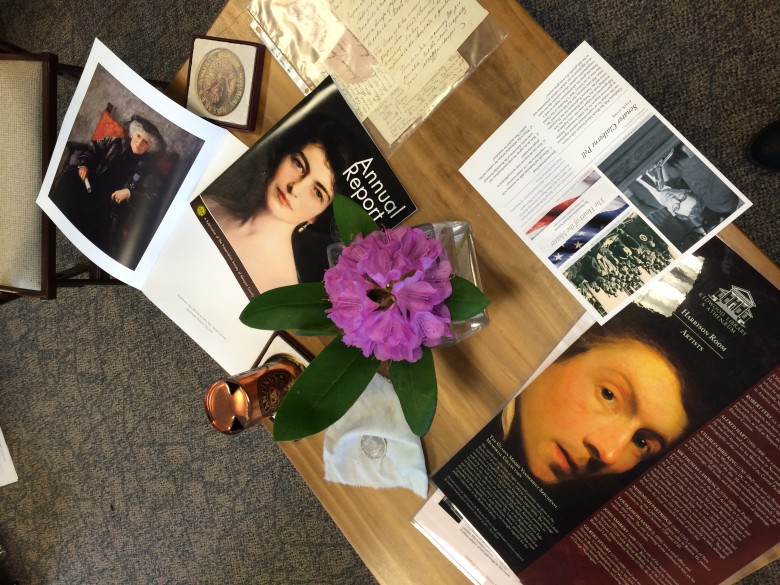REFLECTION: Storytelling for Problem-Solving
Catalyzing Newport strategist and facilitator, Kathleen Shannon, reflects on the Steering Committee’s May 28 workshop with systems leadership expert Peter Senge. “The real outcome of the day was discovering we all shared the same passion and affection for our respective organizations, the visions and missions, and diverse communities we serve.”
The key to problem-solving. Realizing we are human first. Part 1
At a recent retreat with systems leadership expert, Peter Senge, a group of leaders representing various statewide and Newport-based arts, culture, and historical organizations met and discussed the global challenges faced by non-profit leaders in our sector today. Like every other retreat, the challenges were discussed with an end goal of collectively and creatively discovering pathways to moving solutions forward to transform both our organizations and communities. However, the real outcome of the day was discovering we all shared the same passion and affection for our respective organizations, the visions and missions, and diverse communities we serve.
To open the retreat, each participant told a story grounded in history that informed his or her personal or professional life and leadership approach. We were guided by Roger Williams’ compass, inspired by the words of Carl Bridenbaugh in Cities in Revolt, motivated by the passionate efforts of Maud Howe Elliott, and captivated by the curious fate of one lost Spanish coin to name just a few. The stories provided inspiration and pause for reflection on how leadership manifests in many modest, but disruptive ways.
Storytelling not only aided the group in getting to know one another, but it developed a shared sense of the past – and, importantly, carried that over to our vision of the future. The morning’s storytellers thoughtfully connected historical themes to present challenges and opportunities. Like the plights of many of the historic catalysts discussed, we learned that solutions are not always readily accessible, rather they often take time, dedication, and risk. Were our historic catalysts seeking a “collective vision”? No. That term is much more modern in its context. Simply put, they were seeking friends to enjoy the journey with them.

